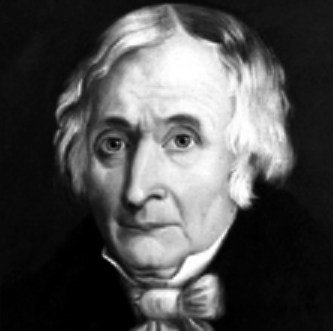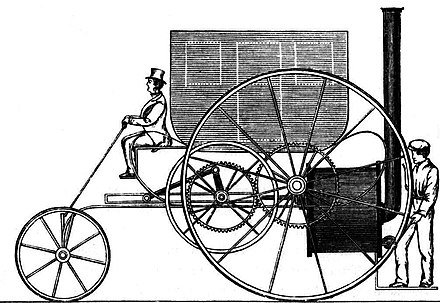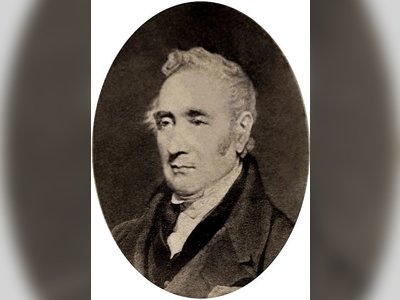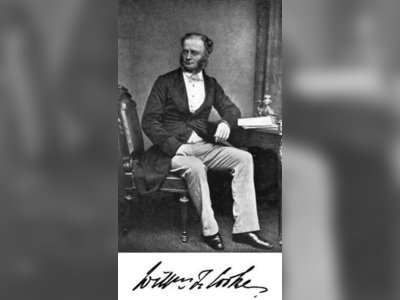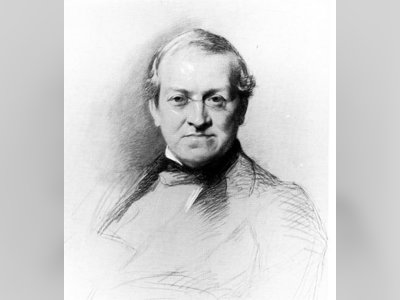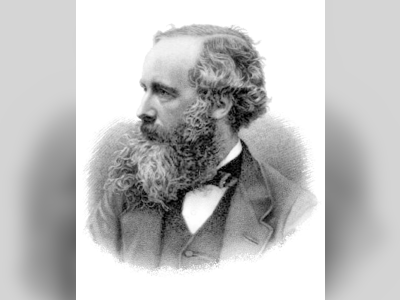British Heritage
Remember, Cherish, Learn.
beta
Andrew Vivian - The Steam Locomotive 1802
Contribution to British Heritage.
Andrew Vivian, a pioneering mechanical engineer, inventor, and mine captain from Cornwall, England, played a crucial role in the development of the steam locomotive. Alongside his cousin Richard Trevithick, the inventor of the "high pressure" steam engine, and the entrepreneur Davis Giddy, Vivian provided financial support for the production of the first steam carriage and received a joint patent for high-pressure engines, both stationary and locomotive, in March 1802. His contributions to the early development of steam-powered transportation revolutionized British industry and transportation, leaving a lasting legacy in the annals of British heritage.
Andrew Vivian was born on 30 November 1759 in Vellansaundry, Camborne, as the second son of John Vivian and Anne Vivian. In 1790, he established a business selling supplies to miners, and by 1795, he had risen to the position of manager at the Stray Park Mine near Cambourne.
The turning point in Vivian's career came in 1798 when he became the manager of Dolcoath Mine, where he first encountered Richard Trevithick, the ingenious mine engineer. The collaboration between Vivian and Trevithick would prove instrumental in shaping the future of steam-powered transportation.
In 1801, Trevithick completed his first full-sized road locomotive in Camborne, which he demonstrated to the public on Christmas Eve with Andrew Vivian at the controls. The steam carriage ran through the streets of Camborne and even climbed the steep Beacon Hill with ease. However, it encountered challenges when it went down to the village of Crane, where it overturned in a rut and suffered damage due to a boiler fire.
Undeterred by setbacks, the duo tried a second locomotive in both Camborne and London in 1803. This London-based locomotive was shipped to the capital under the command of John Vivian, Andrew Vivian's nephew. Although the machine ran successfully, it failed to garner substantial public attention and suffered further damage to its frame due to the poor road conditions of the time.
Despite their pioneering efforts, Vivian eventually withdrew from the partnership. Nevertheless, his support and collaboration with Trevithick had laid the groundwork for the future development of steam-powered locomotives.
In March 1802, Andrew Vivian, Richard Trevithick, and Davis Giddy were granted a joint patent for high-pressure engines, applicable to both stationary and locomotive uses. This patent further solidified their contributions to the advancement of steam technology.
Andrew Vivian's involvement in the early development of the steam locomotive paved the way for future engineers and inventors to refine and expand upon the concept. His legacy lives on in the rich history of British engineering and transportation, as steam-powered locomotives revolutionized industry and facilitated the growth of the railway network across the country.
Andrew Vivian's personal life was marked by his marriages. He first wed Sarah Carbis, and later married Frances Knight, the daughter of Stephen Knight of Illogan.
Andrew Vivian, a visionary mechanical engineer and inventor, played a significant role in the early development of the steam locomotive. His collaboration with Richard Trevithick and Davis Giddy led to the production of the first steam carriage and the grant of a joint patent for high-pressure engines. These contributions had a profound impact on British heritage, revolutionizing transportation and industry and leaving a lasting legacy in the history of engineering and locomotion. The steam locomotive, a result of Vivian's ingenuity and pioneering spirit, paved the way for the expansion of railway networks and marked a new era of industrial progress in Britain.
Early Life and Career
Andrew Vivian was born on 30 November 1759 in Vellansaundry, Camborne, as the second son of John Vivian and Anne Vivian. In 1790, he established a business selling supplies to miners, and by 1795, he had risen to the position of manager at the Stray Park Mine near Cambourne.
Collaboration with Richard Trevithick
The turning point in Vivian's career came in 1798 when he became the manager of Dolcoath Mine, where he first encountered Richard Trevithick, the ingenious mine engineer. The collaboration between Vivian and Trevithick would prove instrumental in shaping the future of steam-powered transportation.
In 1801, Trevithick completed his first full-sized road locomotive in Camborne, which he demonstrated to the public on Christmas Eve with Andrew Vivian at the controls. The steam carriage ran through the streets of Camborne and even climbed the steep Beacon Hill with ease. However, it encountered challenges when it went down to the village of Crane, where it overturned in a rut and suffered damage due to a boiler fire.
Undeterred by setbacks, the duo tried a second locomotive in both Camborne and London in 1803. This London-based locomotive was shipped to the capital under the command of John Vivian, Andrew Vivian's nephew. Although the machine ran successfully, it failed to garner substantial public attention and suffered further damage to its frame due to the poor road conditions of the time.
Patent and Legacy
Despite their pioneering efforts, Vivian eventually withdrew from the partnership. Nevertheless, his support and collaboration with Trevithick had laid the groundwork for the future development of steam-powered locomotives.
In March 1802, Andrew Vivian, Richard Trevithick, and Davis Giddy were granted a joint patent for high-pressure engines, applicable to both stationary and locomotive uses. This patent further solidified their contributions to the advancement of steam technology.
Andrew Vivian's involvement in the early development of the steam locomotive paved the way for future engineers and inventors to refine and expand upon the concept. His legacy lives on in the rich history of British engineering and transportation, as steam-powered locomotives revolutionized industry and facilitated the growth of the railway network across the country.
Personal Life
Andrew Vivian's personal life was marked by his marriages. He first wed Sarah Carbis, and later married Frances Knight, the daughter of Stephen Knight of Illogan.
In Conclusion
Andrew Vivian, a visionary mechanical engineer and inventor, played a significant role in the early development of the steam locomotive. His collaboration with Richard Trevithick and Davis Giddy led to the production of the first steam carriage and the grant of a joint patent for high-pressure engines. These contributions had a profound impact on British heritage, revolutionizing transportation and industry and leaving a lasting legacy in the history of engineering and locomotion. The steam locomotive, a result of Vivian's ingenuity and pioneering spirit, paved the way for the expansion of railway networks and marked a new era of industrial progress in Britain.
- Andrew Vivianen.wikipedia.org
